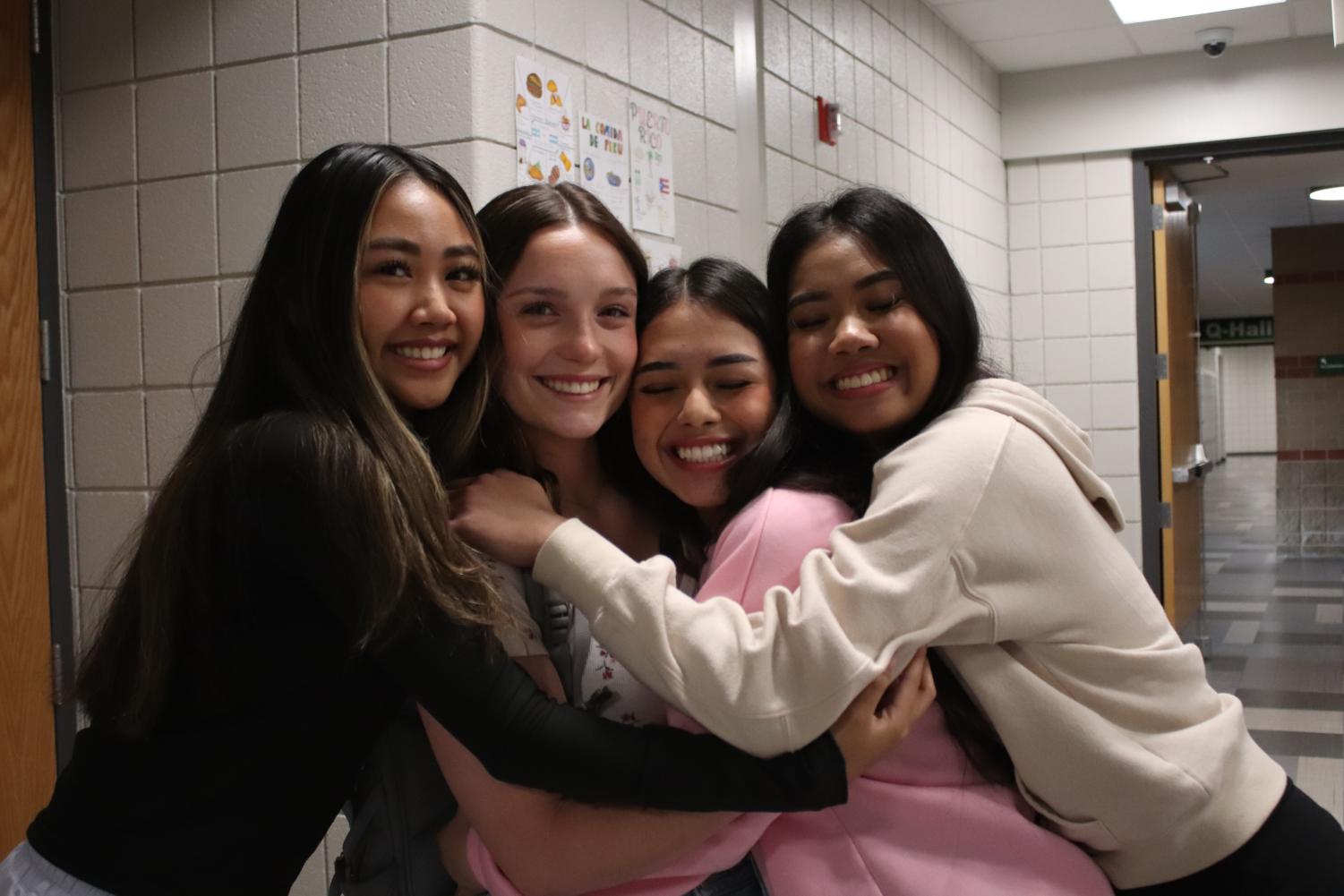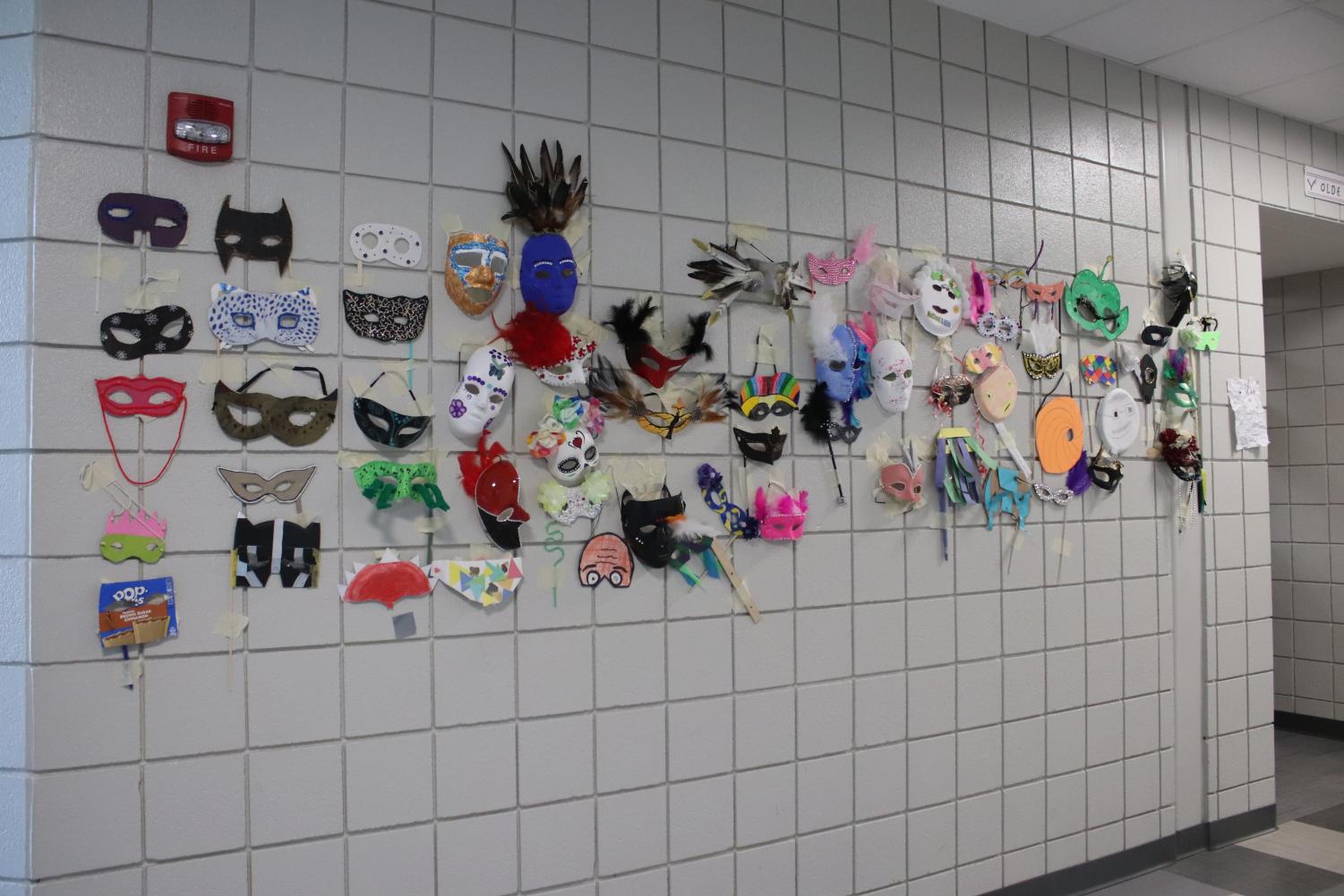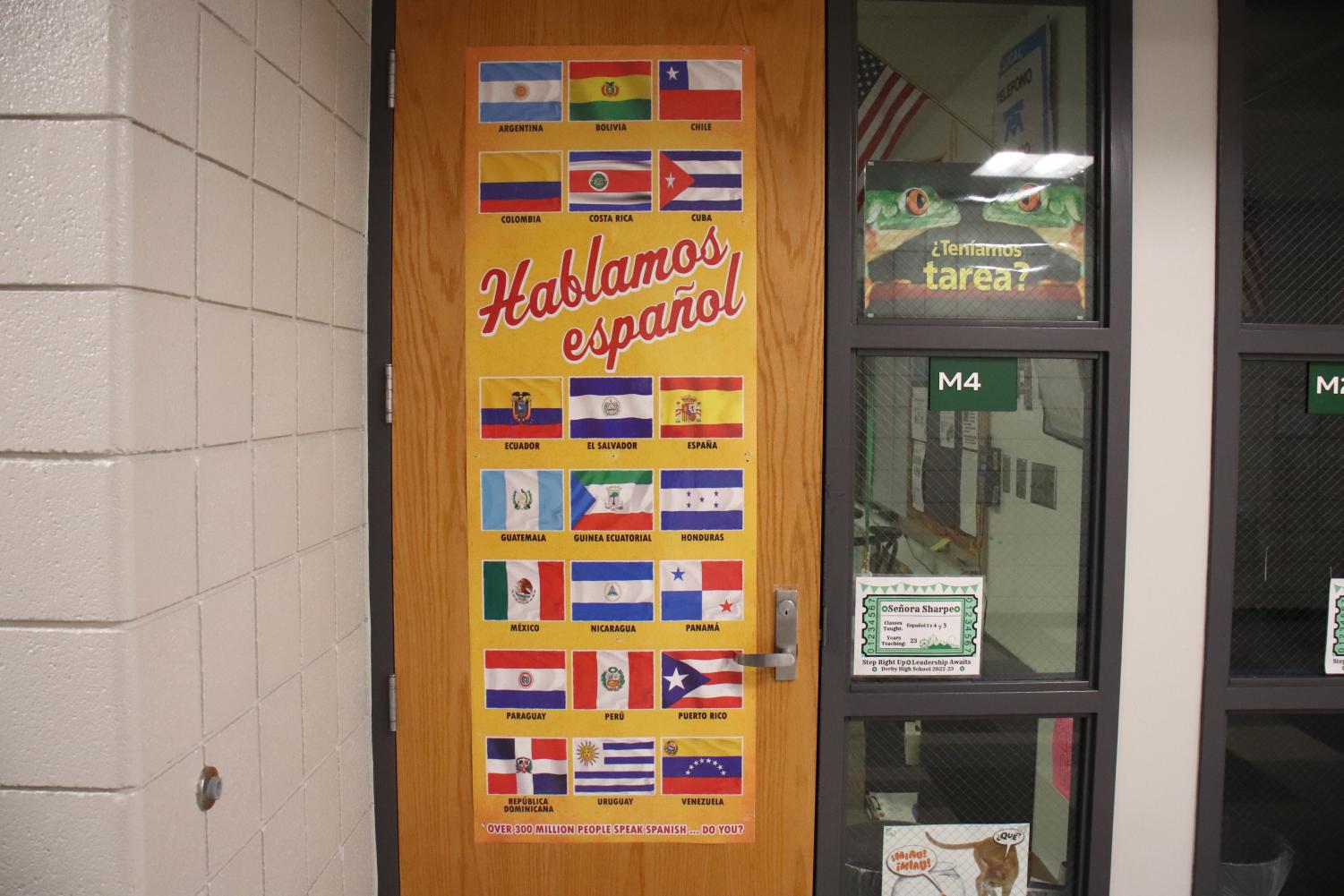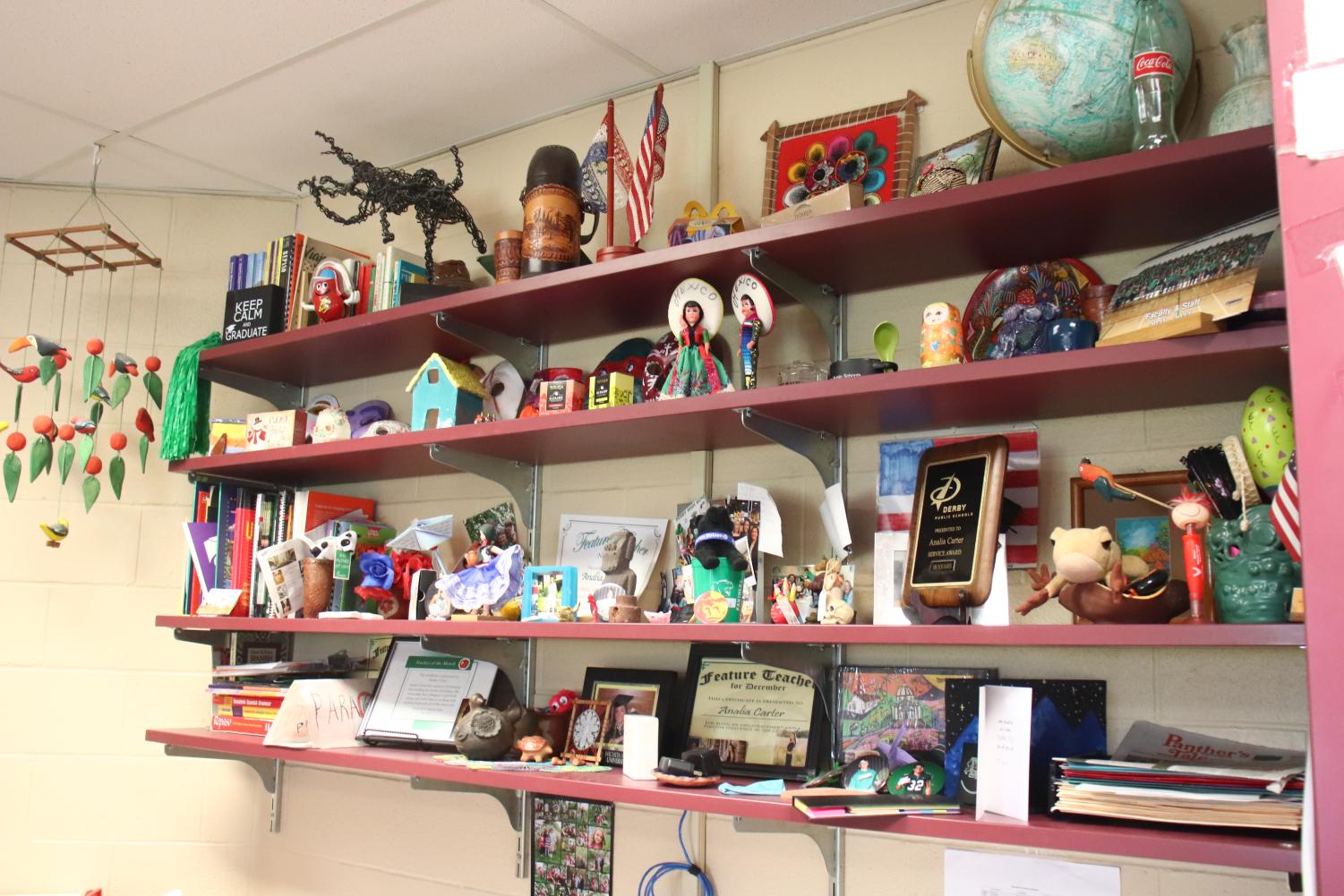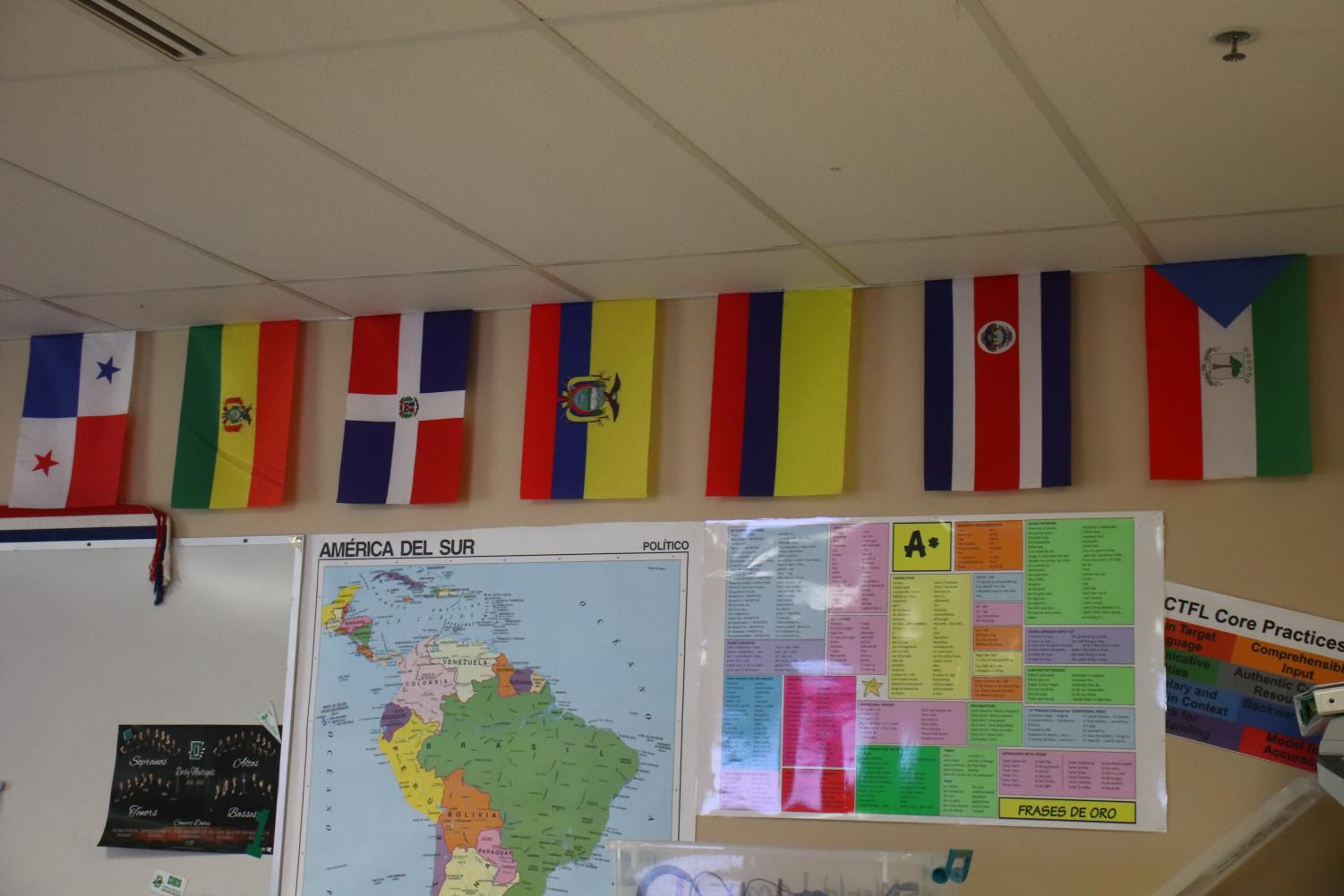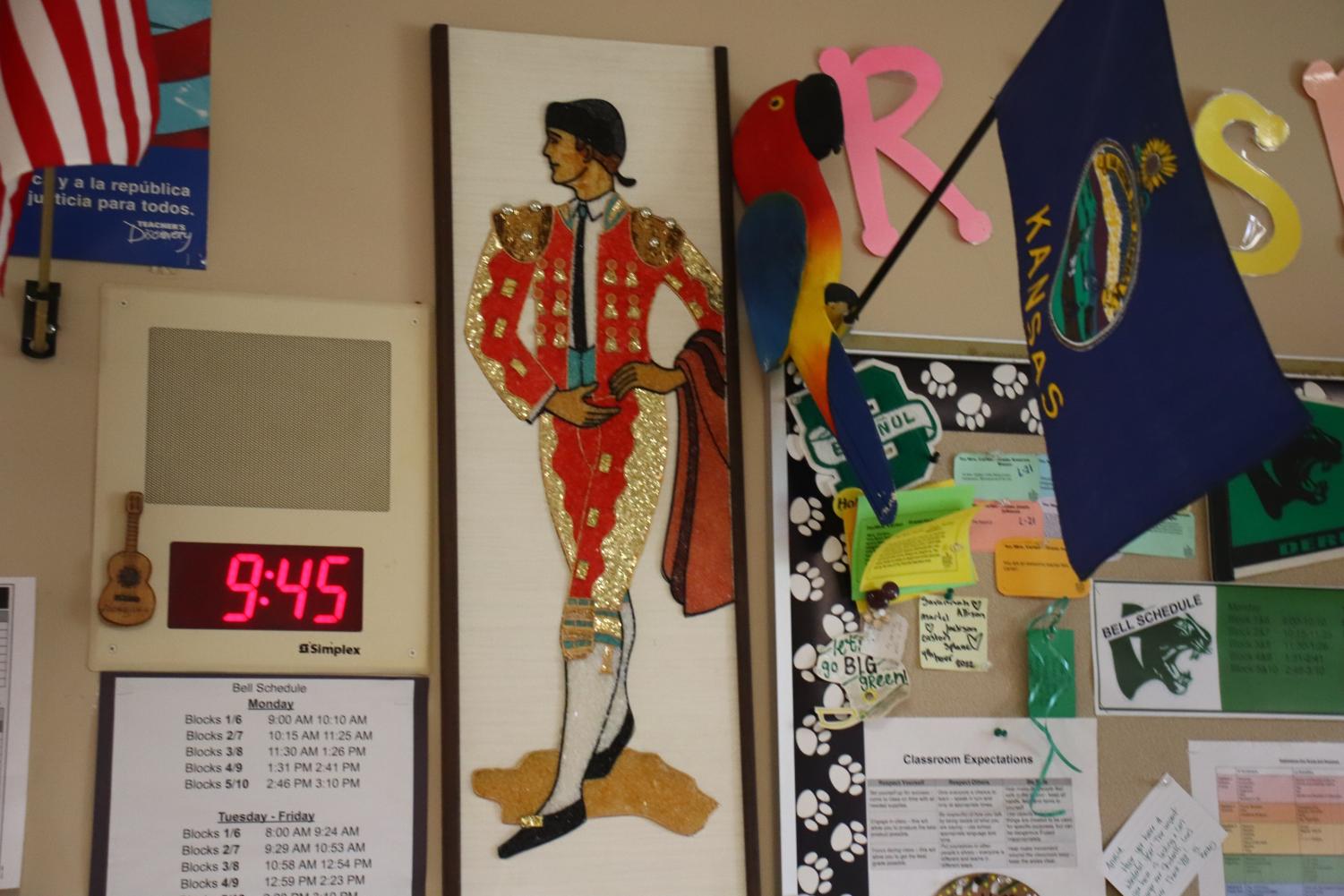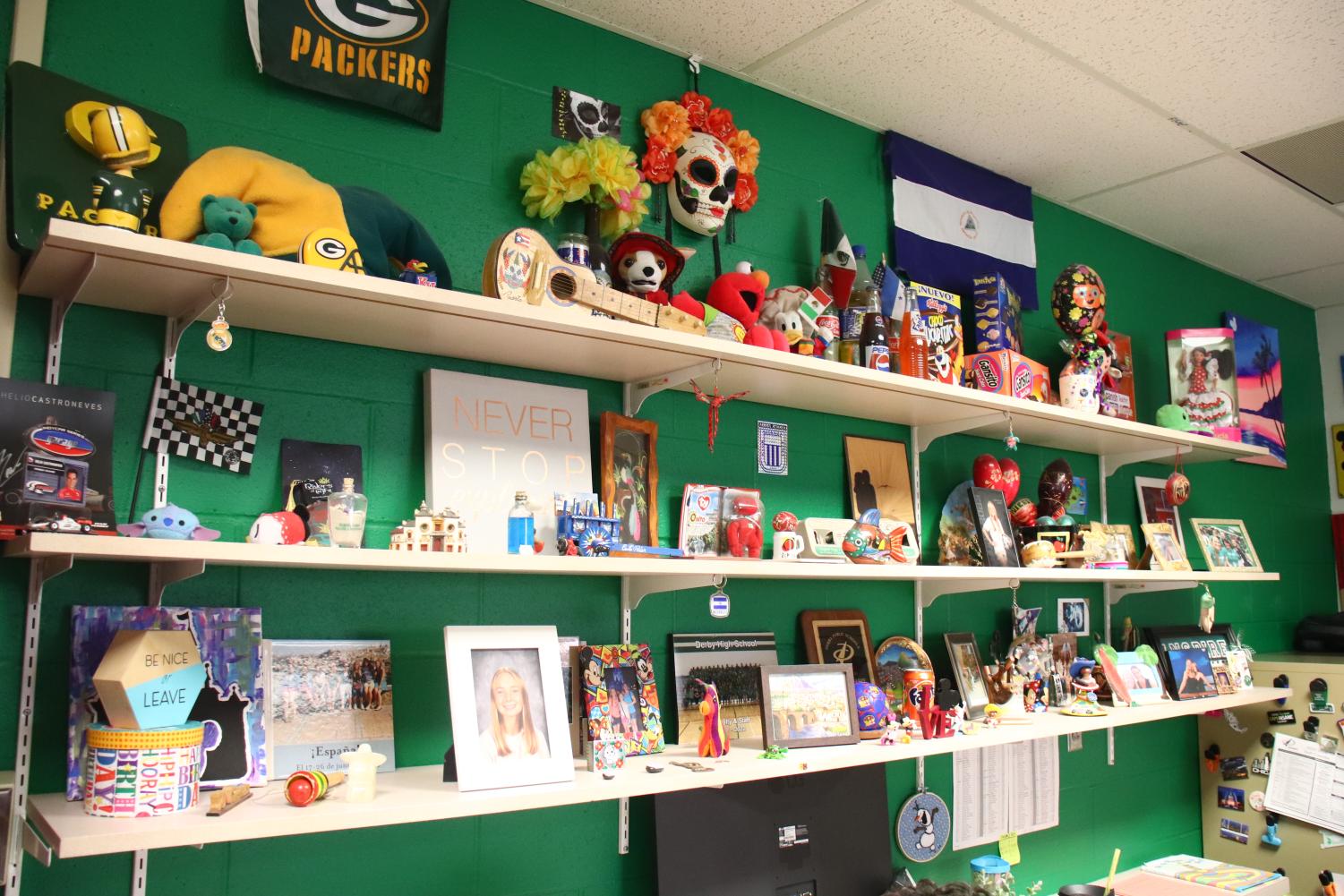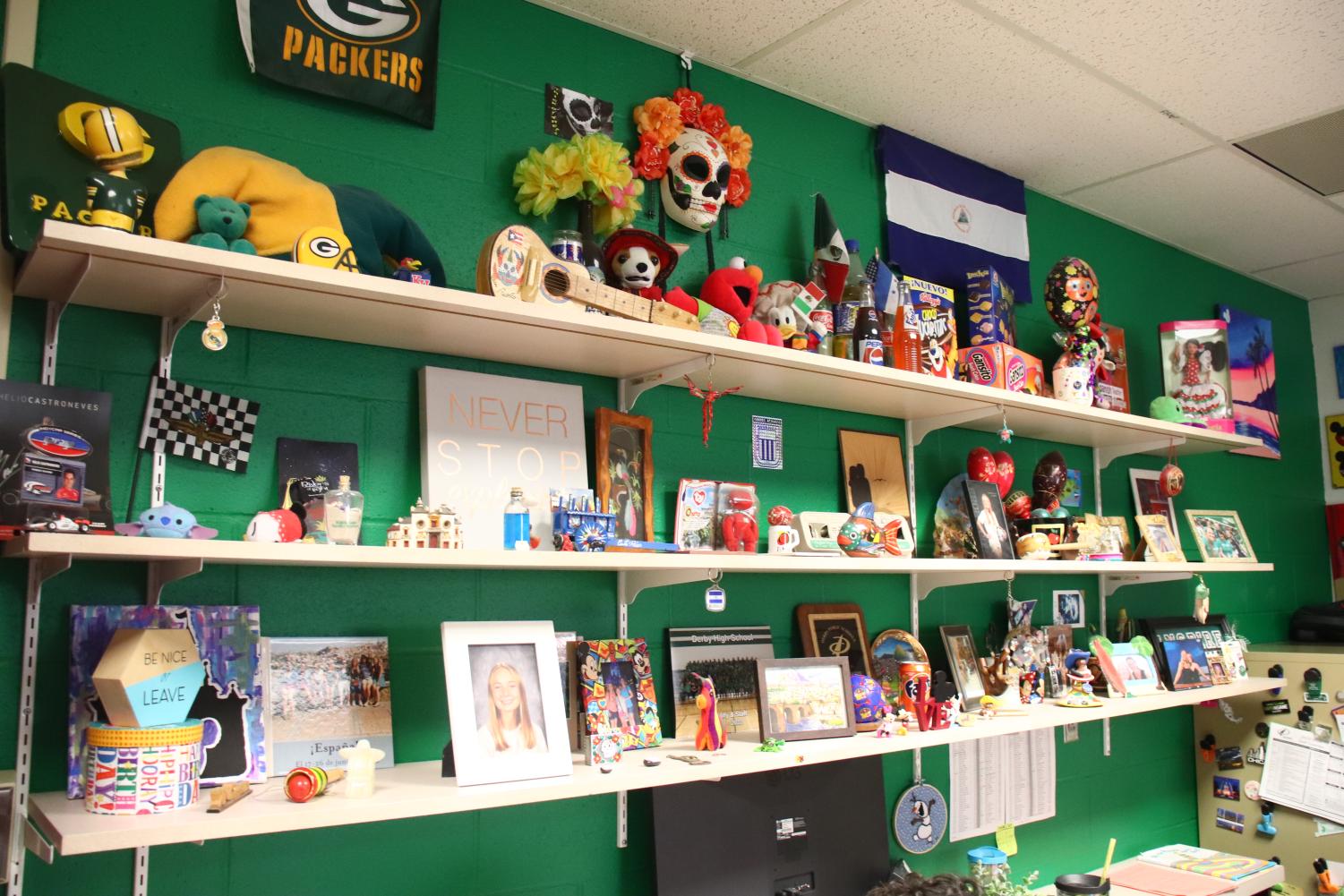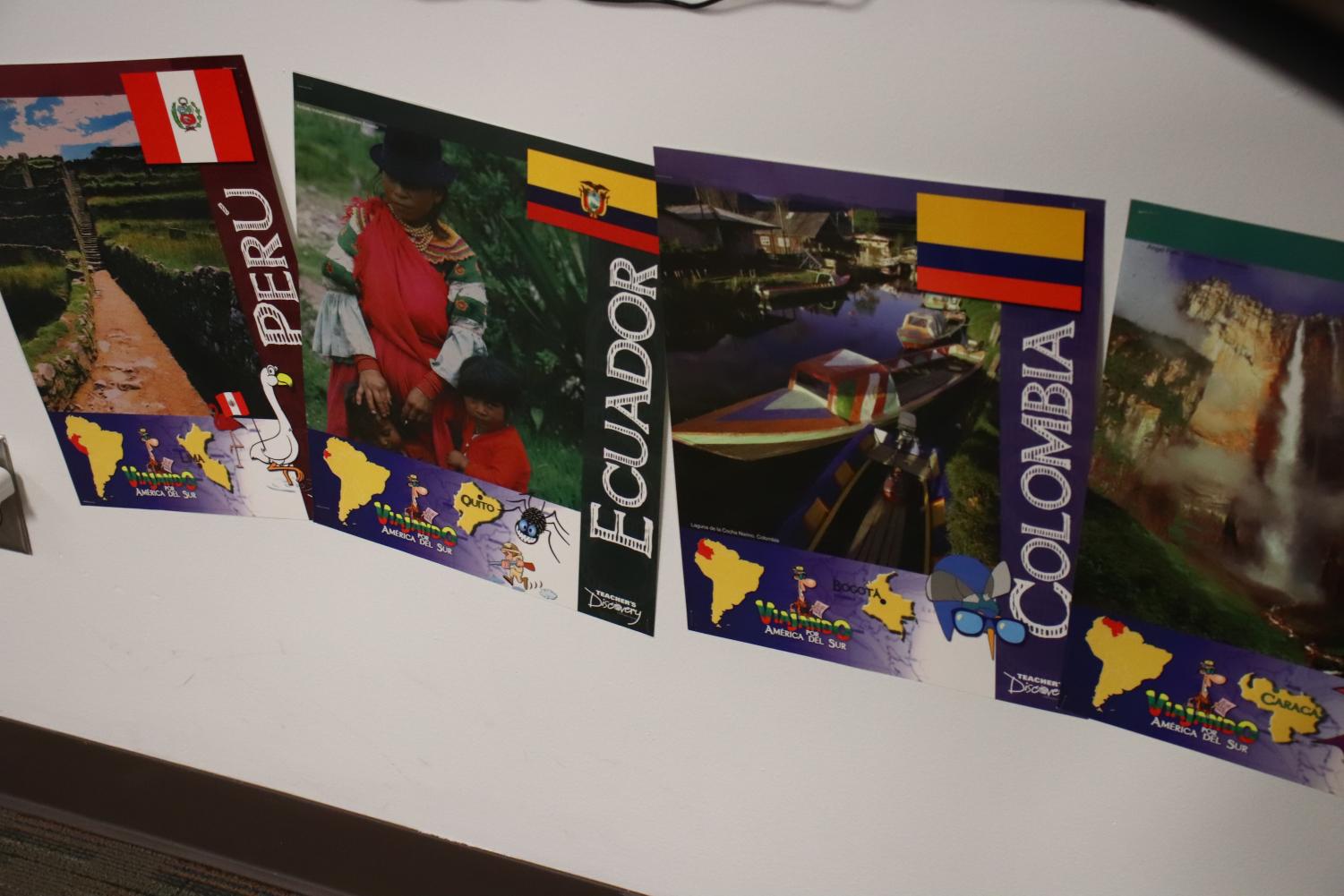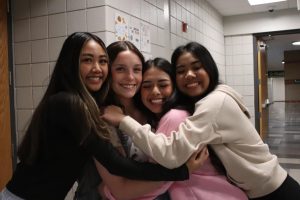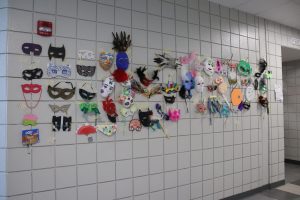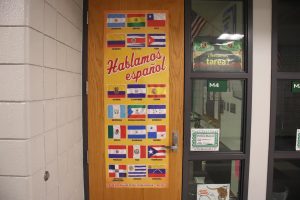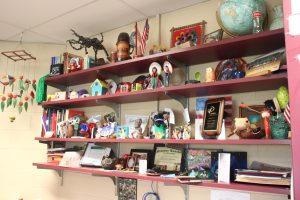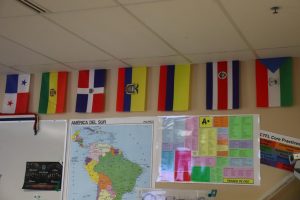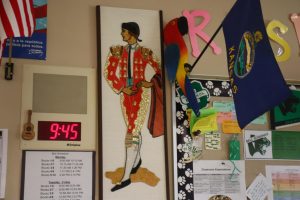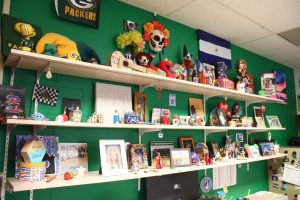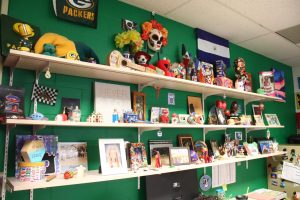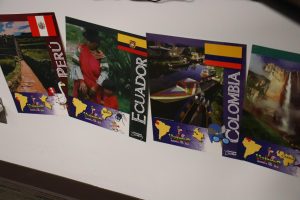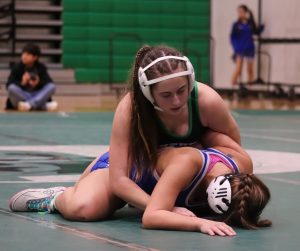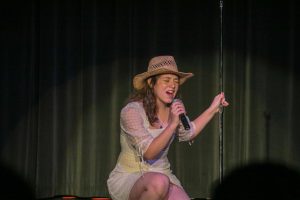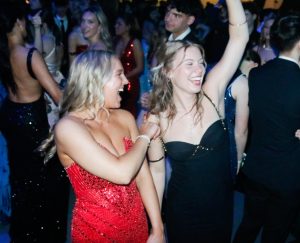Bilinguals at DHS
May 24, 2023
Growing up forced to know two different languages is an under-appreciated skill, especially for students who go home to parents who know very little to no English. Some students even came from a foreign country and had to adjust to the lifestyle in America daily.
Junior Manuel Escobar was born in Aguascalientes, Mexico. He moved to Derby about a year ago and his experience wasn’t the best at first.
“It was really stressful because I didn’t know any of the culture or the way they live here,” Escobar said.
He moved to the U.S. to get a better education. Escobar still visits his family in Mexico from time to time but stays here with his dad to have a better future.
“I want to visit my family, but here I want to get a job and continue to study, to get a better future,” he said.
Although teacher Analia Carter didn’t have as much trouble adapting to the U.S. but still had problems learning English. She moved to America at the age of 21 to study English at Pittsburg State University and she struggled at first.
“I studied English in my country growing up, but when I first came here to improve the English that I already learned in my country, I realized that my English wasn’t very good. It was very difficult at first, but being immersed in the language helped me improve my English,” she said.
Teacher Vera Anikeeva is from Russia and is a ELL teacher at DHS. She studied at Fort Hays State and has a master’s degree to speak other languages.
“It wasn’t difficult for me to get adjusted because before coming here I had a lot of opportunities to communicate with people from English-speaking countries from Great Britain, from America and they have become my best translators,” she said. “And then coming here, the most challenging thing was to be far away from my family while I was taking classes.”
Anikeeva had been working as an interpreter and an English language teacher in Russia for 20 years. She had to adapt to a new education system.
“The education system is different here,” she said. “In Russia it has been a national education system, here in the states it just kind of has certain rules.”
It also doesn’t help that some bilingual students have to help their parents who aren’t fluent in English.
Junior Poy Nopphavong has this issue.
“It can be a little hard to translate and you feel you have to grow up a little quicker, learning how to do certain (things), especially if your parents aren’t fluent in English like learning how to pay bills, taxes, etc and it explaining it to them in both languages,” Nopphavong said.
According to the Derby Public Schools website, there are 79.62% white students in the district, 14.52% Hispanics, 3.51% Asian, 4.95% Black, 1.65% American Indian and 10.2% who are multiracial.
“I do wish there was just because the people like us,” said sophomore Adaelyn Chanthavong, who is Lao. “We kind of stand out more just because some of us have parents that don’t speak English or some of us like ourselves don’t speak that good at English.”
Sophomore Katya Hernandez added: “It is very different talking in a school that doesn’t have a lot of diversity and in my home I talk Spanish with my parents and have to translate thing to them like letters or when we go to school conferences I also have to translate for them as well or when the school calls my parents I also have to translate that because they don’t understand it.”
Many foreign students don’t really participate in school activities.
Chanthavong and Hernandez are both cheerleaders, where there’s not a lot of diversity.
“We don’t mind. I actually don’t think this is a problem but it does make us stand out and especially at events and stuff when our parents come it’s kind of a different environment for them,” Hernandez said.
Hugo Flores was born in the United States but spent more time in Zacatecas, Mexico. He has been in the U.S. for four years and still has trouble speaking English. He is doing better.
“I am learning a little bit in classes,” Flores said.
Alice Valle, a foreign exchange student from Italy knows English but has other struggles. She had to start from scratch and adjust to a new school, new country.
“It was pretty difficult at first I’ll say because even though it’s pretty similar hard because obviously I didn’t have a car here so I have to get somebody to give me a ride and school is very different so I have to adjust to a whole new system and school while being a senior. So everybody is already friends and I have to make new friends,” she said.
“In Italy, you have to be proper and here you have school T-shirts and shorts and slides and like I would never see that, that was the first big shock because I came here before school started.”



